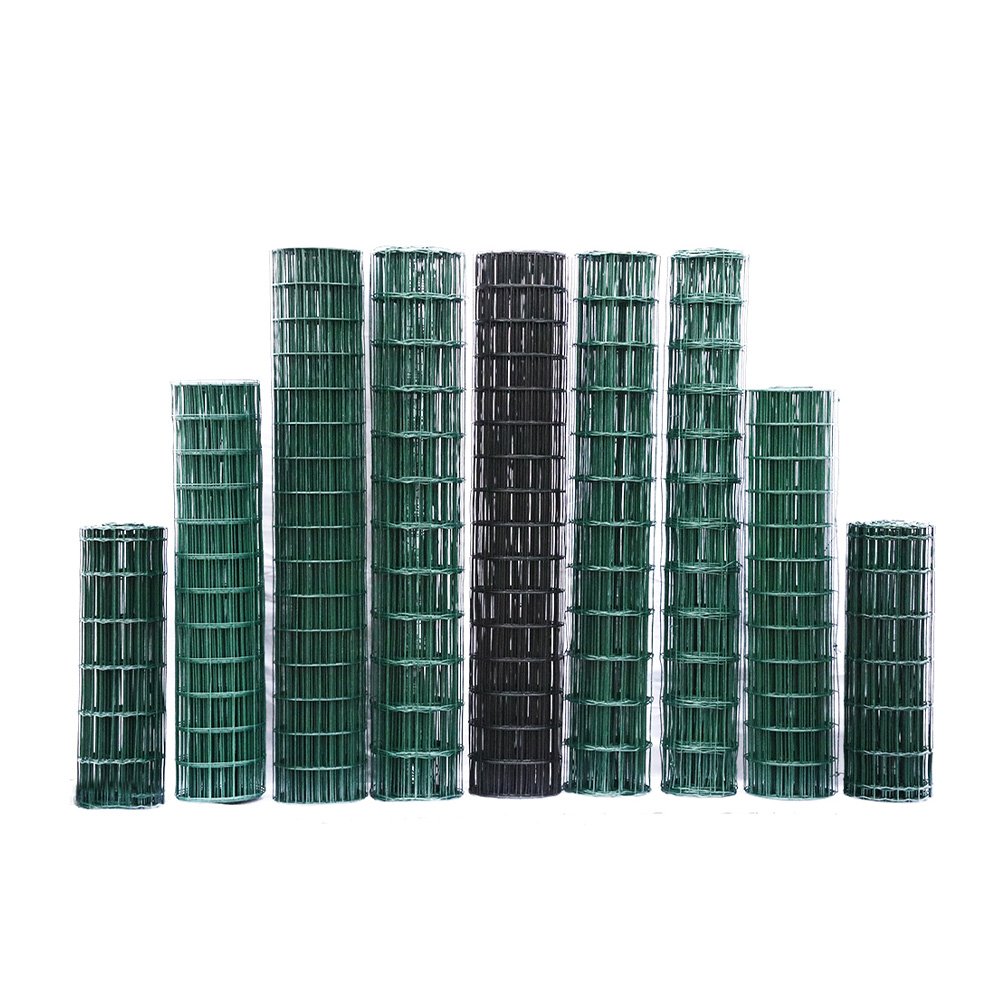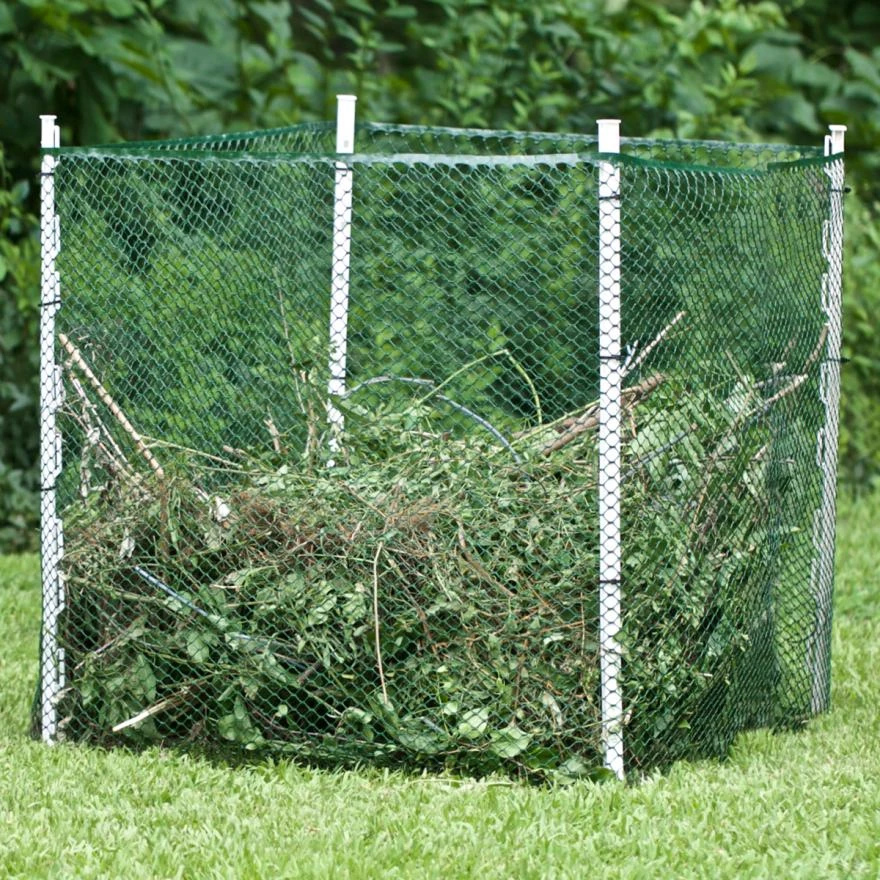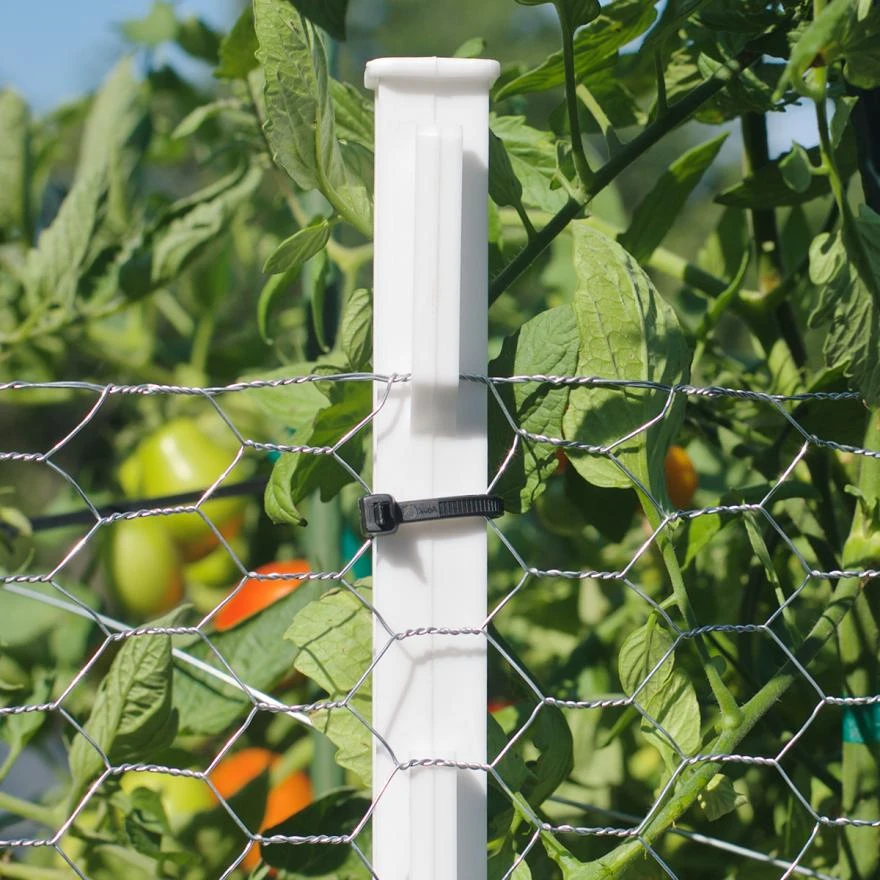Choosing the Right Nails for Your Shed Roof Installation and Longevity
Ліст . 10, 2024 03:16
Choosing the Right Nails for Shed Roofs
When constructing or repairing a shed roof, selecting the appropriate nails is critical to ensuring durability, longevity, and resistance to the elements. With a variety of nails available in the market, understanding the specific needs of your shed roof can significantly impact its structural integrity and overall lifespan.
Types of Nails for Shed Roofs
1. Common Nails These are heavy-duty nails that can be used for various construction projects, including shed roofs. Common nails typically have a thick shaft and a flat head, which allows for a stronger hold. However, they may not be the best choice for areas that experience heavy moisture, as they can rust over time.
2. Galvanized Nails Galvanized nails are coated with zinc, which helps prevent rust and corrosion. This makes them an ideal choice for outdoor applications, especially for shed roofs that will be exposed to rain, snow, and humidity. By using galvanized nails, you ensure the longevity of your roof and minimize maintenance issues in the future.
3. Ring Shank Nails These nails feature ridges (or rings) along the shaft, providing a better grip compared to smooth-shank nails. This design makes them less likely to pull out over time, especially in high-traffic areas or regions with severe weather conditions. Ring shank nails are perfect for securing roofing materials such as shingles, metal sheets, or wooden planks.
4. Roofing Nails Specifically designed for roof installations, roofing nails typically have a larger head and a short shank. The wide head provides excellent holding power and prevents the nail from pulling through the roofing material. When securing roofing felt, shingles, or metal roofing, roofing nails are a preferred choice due to their design.
5. Stainless Steel Nails If you’re building a shed in a coastal area or anywhere with high humidity, stainless steel nails are an excellent option. They are highly resistant to corrosion and will stand up to the harshest weather conditions. Although they are more expensive, the longevity they provide can offset the initial investment.
nails for shed roof

Factors to Consider When Choosing Nails
1. Material of the Shed Roof The type of roofing material you plan to use will influence the type of nails you choose. For instance, if you're using asphalt shingles, you'll want to opt for roofing nails. If using metal sheets, you may need different types of fasteners designed for metal roofing.
2. Climate and Environment Consider the weather conditions in your area. If you live in a region that experiences heavy rains, snow, or high humidity, galvanized or stainless steel nails will be more beneficial due to their rust resistance.
3. Nail Size The size of the nail matters as well. Generally, roofing nails should be long enough to penetrate through the roofing material and into the underlying support structure. A good rule of thumb is to use nails that are at least 1.5 to 2 inches in length, depending on the thickness of the materials.
4. Installation Method Some projects might require the use of a nail gun, while others may require hand nailing. Ensure you select nails compatible with your choice of installation tool.
Conclusion
Selecting the right nails for your shed roof is vital to ensure its integrity and longevity. By considering the material of your roof, the climate of your area, the appropriate size, and the installation method, you can make an informed decision. Whether you opt for galvanized, ring shank, or stainless steel nails, investing in the correct fasteners will pay off in the long run, providing you with a sturdy and weather-resistant roof for your shed. Remember, proper installation and maintenance, paired with the right materials, will help your shed withstand the test of time and the elements.




















